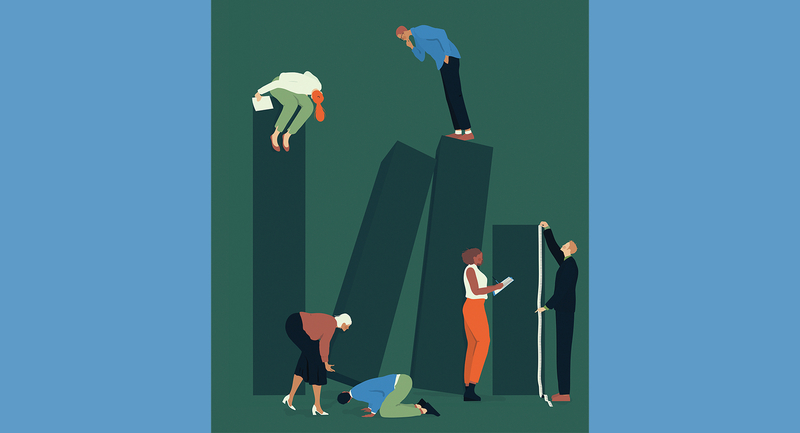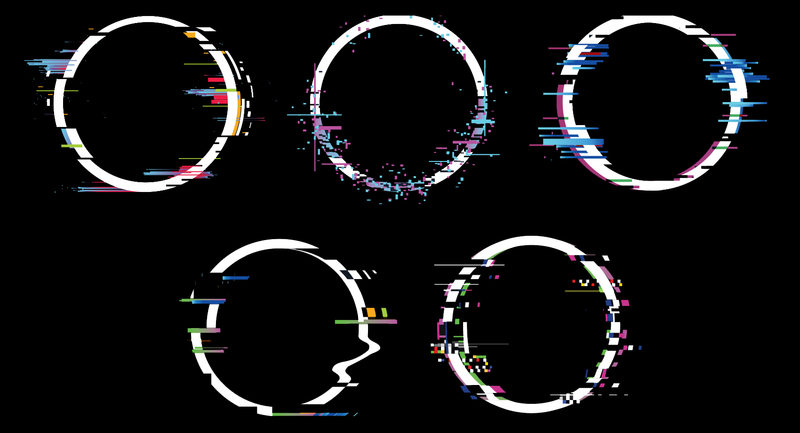When and how do you prioritize your learning—about leadership, about yourself, and about yourself as a leader? Many site administrators and organizational leaders regularly provide professional development for others. But while they attend numerous meetings and receive a constant flow of information, they rarely have opportunities to engage in their own guided learning, participate in a professional learning community, or experience high-quality PD tailored to their most pressing needs.
Am I describing your reality? Are you craving your own professional development? As the school year comes to an end, consider making these upcoming months your summer of learning. I could cite research on how the most successful and resilient leaders engage in continual learning, tell you about how competence is a core human need, or evoke the overused reference to being lifelong learners—but you most likely know this already, and I don’t think it will motivate you to take action. Instead, grab a pen and paper or open a document on your computer to take notes and capture next steps. Within the next 15 minutes, you’ll have a plan for your own summer learning.
What Are Your Areas for Growth?
In my work, I use a simple framework called The Gaps. This posits that we all have gaps, or areas for growth, and these fall into the following categories:
- Skill: The ability to execute the technical elements of a task. Can be the application of knowledge.
- Knowledge: The theoretical or practical understanding of a subject. Can also be information.
- Capacity: The time and resources to do something. Can also be emotional and physical capacity.
- Will: Desire, intrinsic motivation, passion, or commitment. Usually has an emotional tone.
- Cultural Competence: The ability to understand, appreciate, and interact with people from cultures or belief systems different from one’s own; the skill to navigate cross-cultural differences.
- Emotional Intelligence: The ability to be aware of, manage, and express one’s emotions; the ability to recognize, empathize with, and navigate other people’s emotions.
Reflect on this last school year. Identify a handful of moments when you struggled—when you felt unable to do what you wanted to do as a leader. These might refer to a contentious leadership team meeting where the team was unable to come to a decision, an underperforming teacher who didn’t make any growth regardless of the feedback you provided, a series of uncomfortable interactions you had with a parent, or a Monday morning in late winter when you woke up thinking, I can’t manage one more day in this job.
Your learning matters. Your development as a leader and human being matters.
What kind of gap was this? Did you need skills to facilitate decision making or knowledge about decision-making protocols? Did you need coping skills (emotional intelligence) to respond to burnout? Did you lack the cultural competence to communicate with a parent whose cultural or racial background differed from your own? Were you drained of the will, motivation, or desire to address the challenge? Or did you simply have no time to respond to the issue?
What Do You Want to Learn?
Now brainstorm a list of things you want to learn about. These could include strategies to:
- Create consensus in a group.
- Manage your frustration when your team won’t agree.
- Give supportive feedback while also holding people accountable for achieving growth.
- Understand people who come from backgrounds different from your own.
- Respond to your emotional and physical exhaustion and prioritize your own well-being.
What Difference Would This Learning Make?
Consider each item you listed in terms of the effect your growth could have on your own leadership and life, as well as on those you serve. If you learned more about navigating group dynamics, for example, what effect would that have on your staff? On students? On yourself? Even on your family?
To expand our influence or advance in career goals, we often need more knowledge and skills.
You could also consider the effect on your career. Perhaps you’ve identified a gap in your knowledge of how education policies are changing and you aspire to move into a leadership position for which this knowledge will be essential. To expand our influence or advance in career goals, we often need more knowledge and skills.
So, Now What?
Organize and Prioritize Your Items for Learning
Group the items you noted into related categories and prioritize them. Maybe you realized that one of the reasons you can’t get your leadership team to reach consensus is that you get flustered (an emotional intelligence gap) and that you also can’t recall specific strategies to facilitate group conflict (a skill gap). You may recognize that these same gaps are present when you’re working with an underperforming teacher or an irate parent. Try to come up with a list of three or four things you want to learn that would have a substantial effect on your work.
Identify Ways to Engage in This Learning
You could, for example, read books and listen to podcasts, although that kind of passive engagement with information doesn’t necessarily lead to behavior change. Even when we know something, we might not be able to do it (a knowing-doing gap).
To change behavior, we need guided practice. This is where attending classes, workshops, and conferences can be helpful, provided they’re grounded in adult learning theory and aren’t just a delivery of information. This is also where a coach can help you—behavior change is what we coaches focus on. This step might require more time as you research options for learning. Consider asking colleagues for recommendations on ways to meet your learning needs.
Determine Next Steps
What will it take for you to implement this learning plan? Do you need to make sure you have time this summer to read? Do you want to research workshops on certain skills? Or get referrals for a coach, or even a therapist? (Therapy is a great way to explore emotional intelligence gaps!) Perhaps you’ve decided that a crash course in Spanish could help close a gap in your cultural competency. List your next steps, and block off time in your calendar to engage in them.
Your learning matters. Your development as a leader and human being matters. Make a plan to address your growth this summer—and get ready to experience the complexity and delights of learning.









